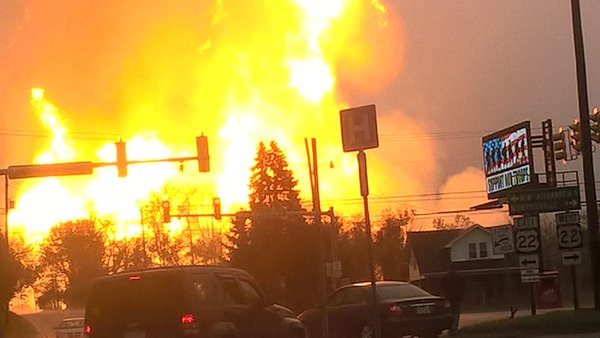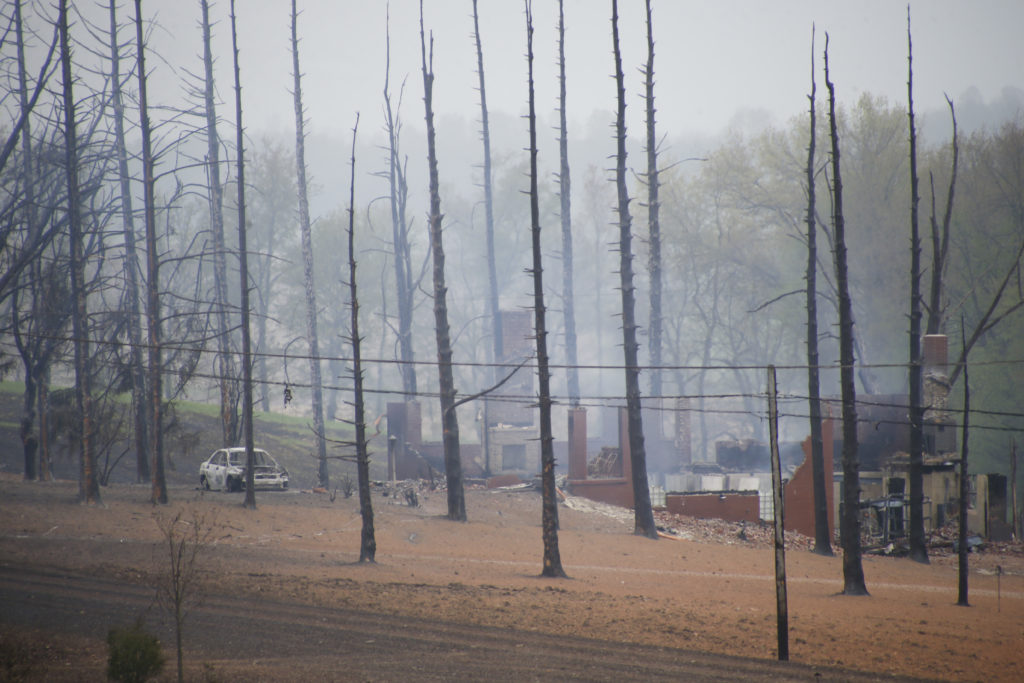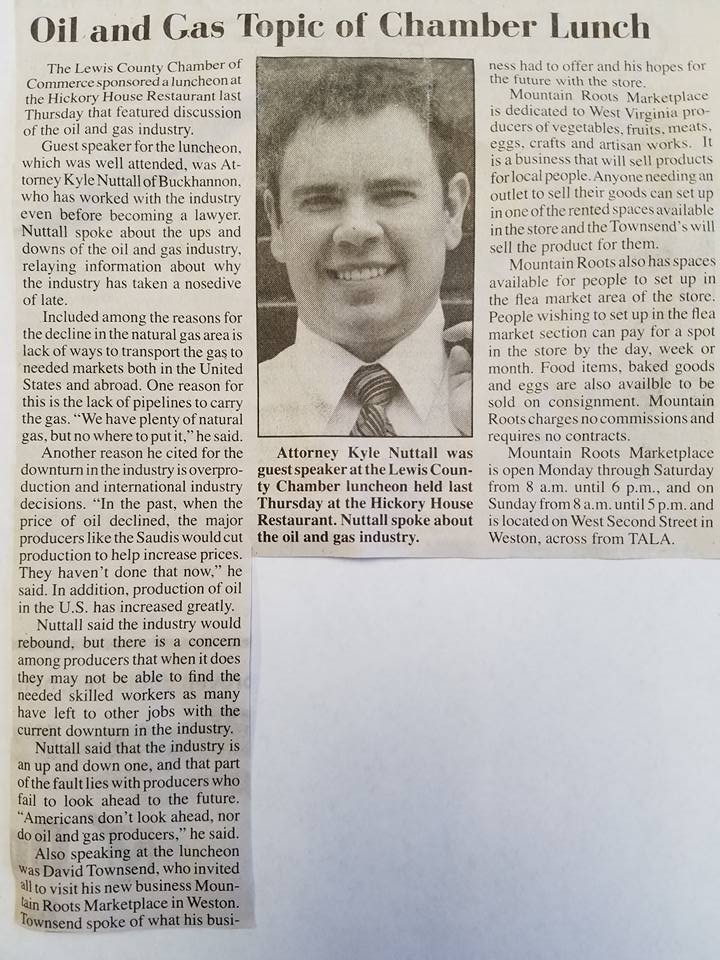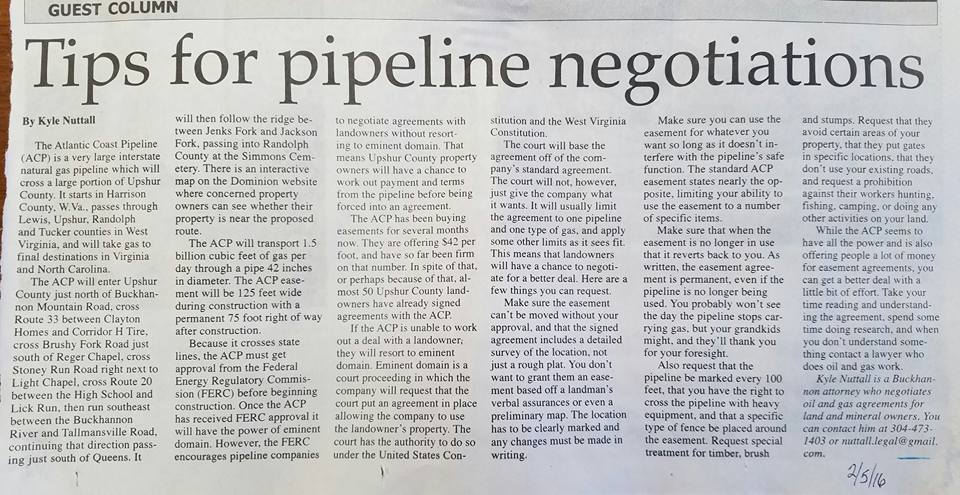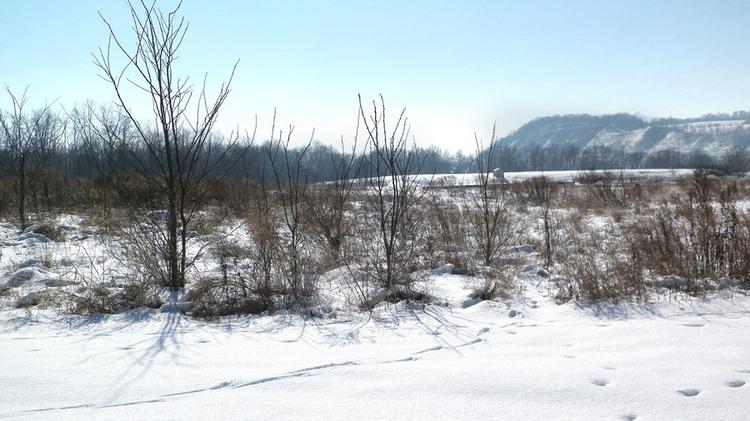The pipeline that blew up in Westmoreland County about two weeks ago had been upgraded in November of 2014, adding compression that made the gas flow faster. It had previously been operating at 700,000 MCF per day, and bumped up to 1.3 million MCF per day. It’s possible (though not yet proven) that the higher flow rate could have contributed to the corrosion that appears to have caused the failure of the pipe.
We’re fans of adding pipelines in West Virginia, as our clients (mineral and royalty owners) will benefit from the better gas prices that will result. However, it’s important to point out that there are dangers and risks that come with these pipelines. You have to go into this kind of thing with both eyes open, doing research and getting advice from competent professionals.
If you have a company approach you about a pipeline easement, take the time to read the agreement carefully, ask questions, and make absolutely sure to get some advice from people who know what they’re doing. We have the education and experience to help you out. Give us a call at 304-473-1403.

